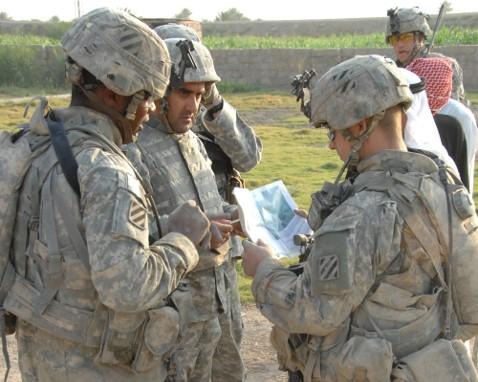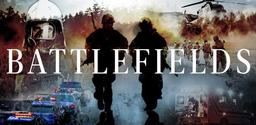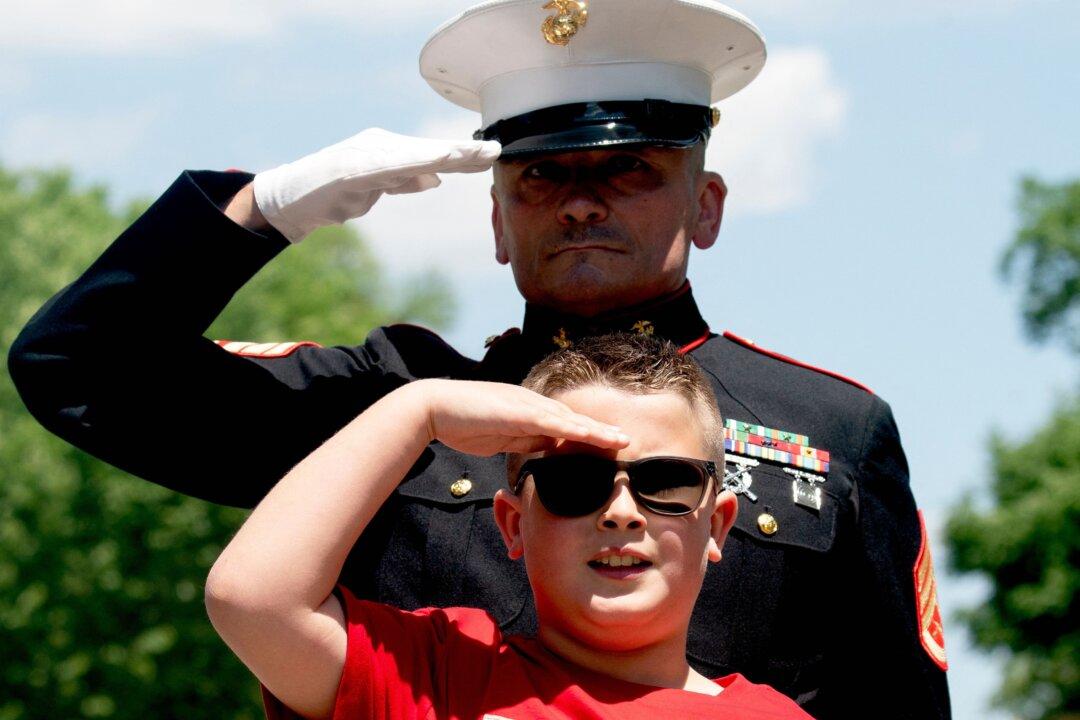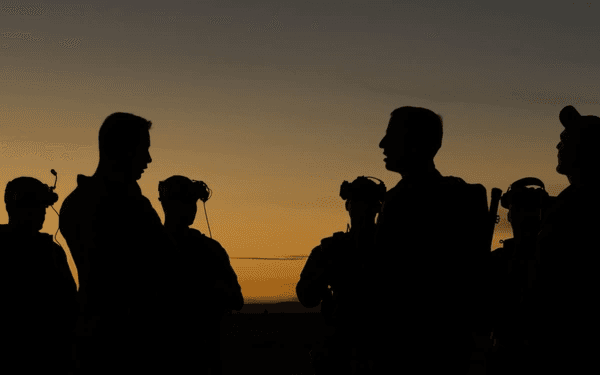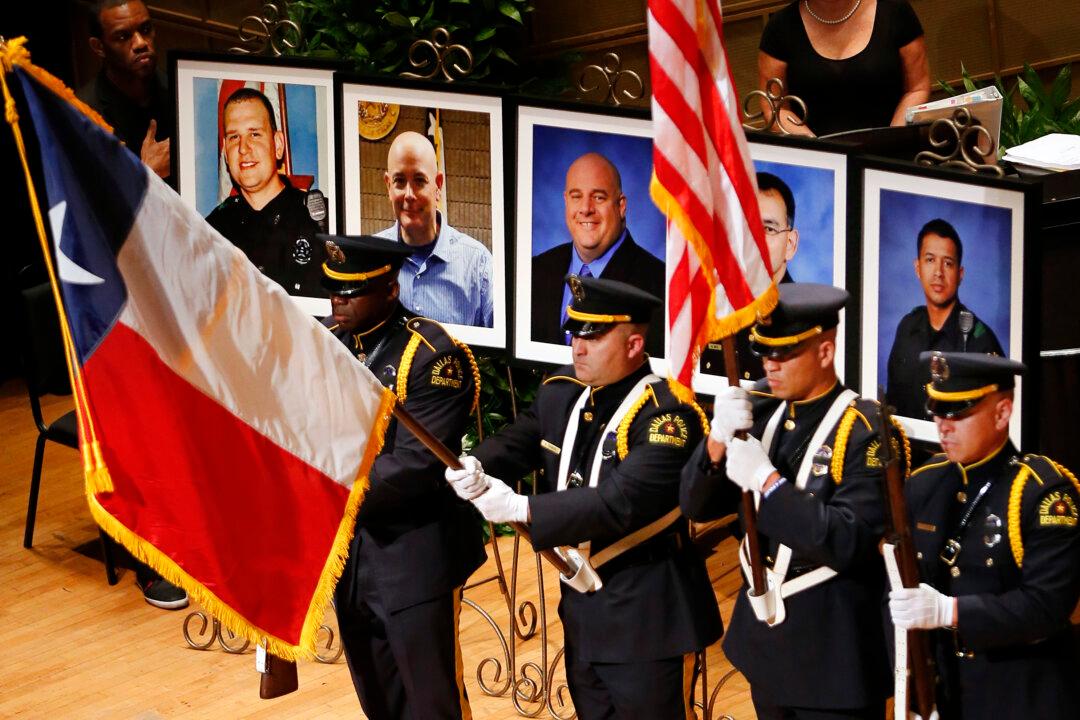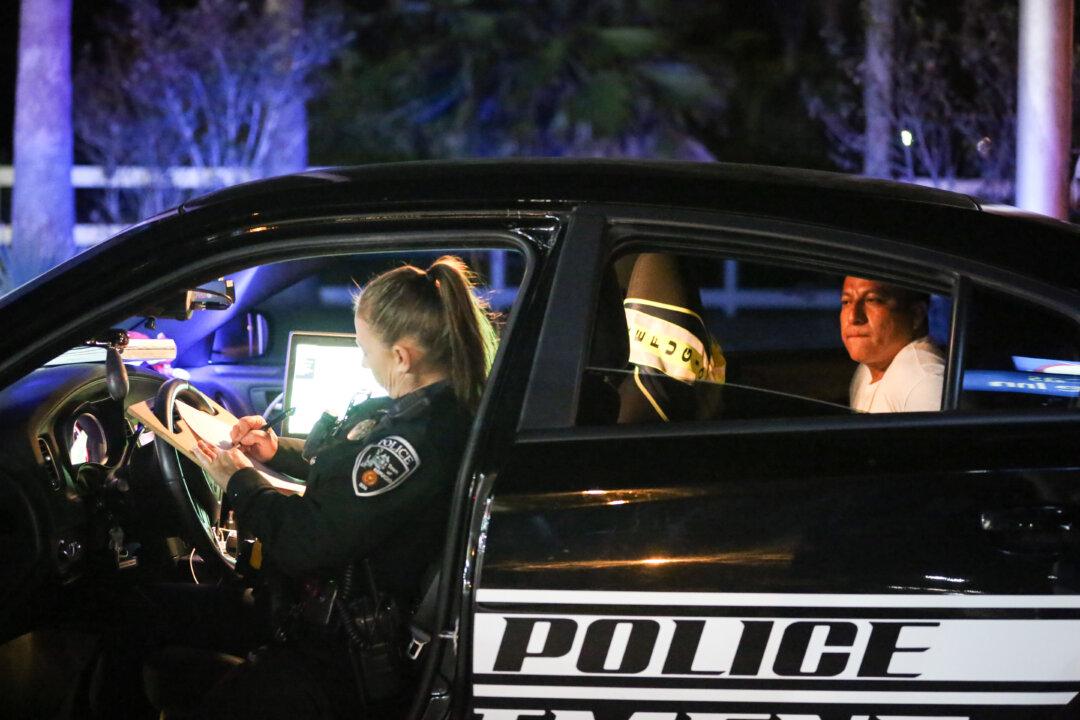Commentary
It was the middle of the night in the cold Iraqi desert. It sounds funny to say “cold desert,” but that’s what it was. The Praetorians and Spartan 6 were conducting a combat patrol during an Iraqi election. Every time an election came around in Iraq, it was met with violence and intimidation from various terrorist groups throughout the country. Our mission that night was to ensure the ballots made it through our Area of Operations (AO) without any problems.
